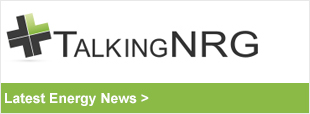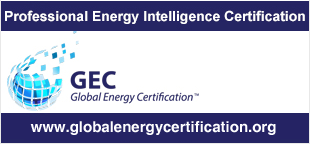The energy landscape is in transition, the biggest feature and the main driver of the new energy world will become data. There is much that can fall under this umbrella term, and there are many tangents that need to be explored to make sense of data in the new energy world. Consumer relationships with their energy companies are changing. No longer are there monopolies for electricity and gas suppliers. Sure, the network bringing the energy to the consumers is a natural monopoly, but even this is a regulated open market with safeguards in place to prevent monopolistic business practices. Ultimately this adds layers of complexities, but through regulation, negative effects on the consumers are mitigated to the largest extent.
Consumer mobility has brought on a new data industry and role of management of this data. Utilities and providers need to know how to manage assets and collect the revenues from their contracted clients. Consumers have the ability to switch providers which means that there needs to be active monitoring of these movements to ensure that their services are effectively managed, and transitions are seamless.
On the other side of the energy market, generators and suppliers are also increasing in number and their participation in the market is incumbent on proper management of data to ensure proper reconciliation and settlement for the energy that is provided into the market and at what cost they can contribute.
With all of these changes in the way energy is sold, and the new, spin-off sectors that this creates, regulation is more paramount than ever. This is not to be confused with renationalization, however. Deregulation and the opening of the markets have been a key component in fostering this new landscape, but the regulation that is referred to here pertains to the laws and other policy instruments to help guide and safeguard consumer interests in this liberalized market.
Energy Information, data and forecasts for business

















